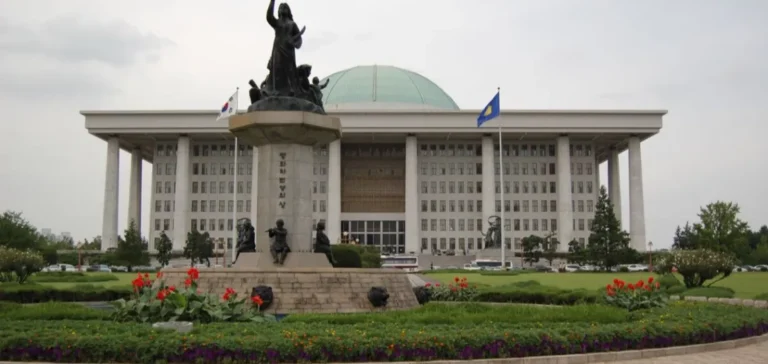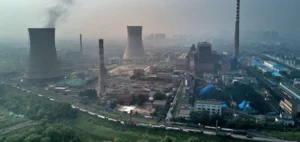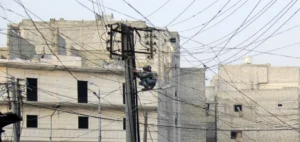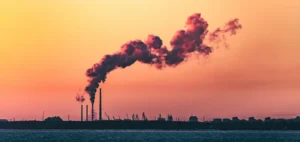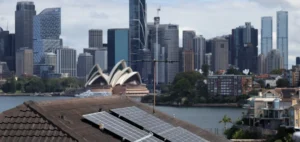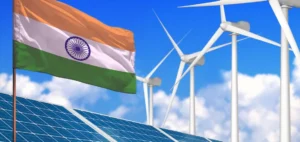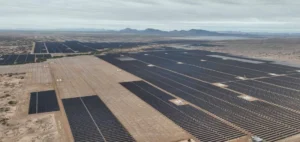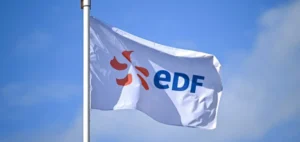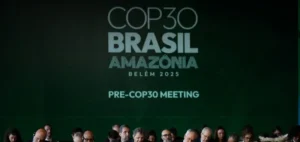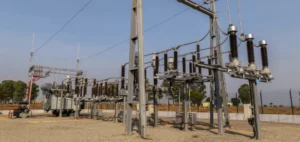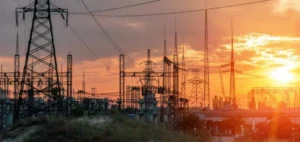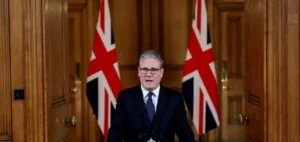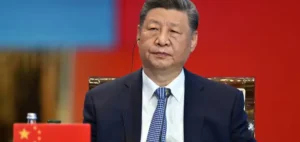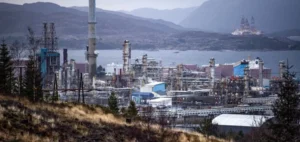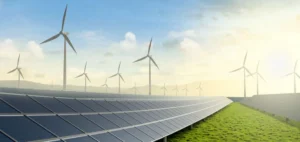South Korea’s major industrial players, led by the refining and petrochemical sectors, are urging the government to revise down the proposed 2035 greenhouse gas reduction targets. Eight industry associations, including the Korea Petroleum Association (KPA) and the Korea Chemical Industry Association (KCIA), submitted a joint letter voicing concerns over the economic consequences of what they consider overly ambitious targets.
The Ministry of Climate, Energy and Environment has proposed two scenarios: a “50 to 60%” or a “53 to 60%” reduction from 2018 emission levels. These exceed the 48% threshold that industry representatives claim to be the maximum manageable level. Sector leaders argue that the proposed goals do not reflect current economic challenges, including national stagnation, rising tariffs from major economies, and Chinese market oversupply putting pressure on local margins.
A strategic position in the Asian market
South Korea remains Asia’s leading exporter of refined oil products, including gasoline, jet fuel, and gasoil. According to recent government data, the country exported 28.82 million barrels of gasoline in the third quarter, compared to 19.64 million from China and 3.3 million from Japan. For gasoil, South Korea exported 58.77 million barrels, more than triple China’s volume over the same period.
According to a Singapore-based oil products trading manager, excessive climate constraints could cut into margins and jeopardise South Korea’s leadership in the regional refined products market. The lack of precise measures by sector has amplified concerns of a disorganised implementation, industry representatives noted.
Targeted financial support to ease transition
In response, the Ministry of Trade, Industry and Energy has announced loan support totalling KRW297.3bn ($209.49mn) for 16 new projects focused on emissions reduction via infrastructure investments and research and development. The programme is expected to stimulate up to KRW963bn ($679mn) in private investment over the next three years.
Selected companies include S-Oil Corp. (refining), HD Hydrogen (fuel cells), SK Plug Hyverse (hydrogen storage), and Hanwha Ocean Ecotech (shipbuilding). The ministry stated that projects will receive up to KRW50bn ($35.2mn) in loans at a 1.3% interest rate, distributed through 14 major partner banks.
Clear expectations on sector-specific quotas
Industry associations are also calling for the rapid definition of sector-specific quotas, arguing that only differentiated targets can ensure an effective transition without harming national competitiveness. Dialogue with authorities is ongoing, as companies seek to avoid long-term structural disadvantages in global markets.


